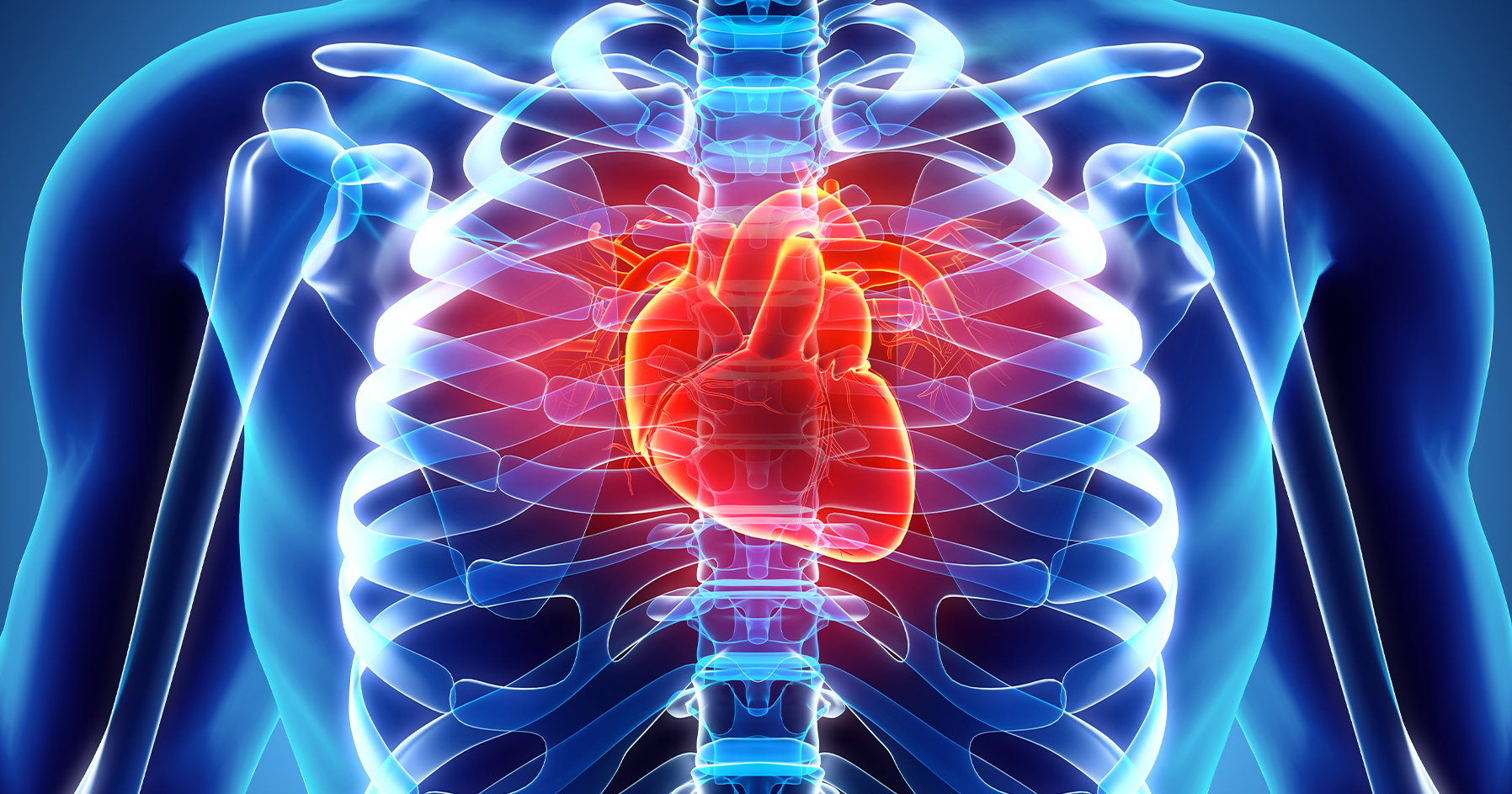Lower BP Naturally Expert Tips for Better Wellness
Understanding High Blood Pressure: A Closer Look
Alright, let’s talk about high blood pressure. It’s a common condition that affects millions of people worldwide, and if left untreated, it can lead to serious health complications like heart disease, stroke, and kidney failure. But what exactly is high blood pressure? In simple terms, it’s a condition where the force of blood against the walls of your arteries is consistently too high. This puts extra strain on your heart and blood vessels, increasing your risk of heart attack, stroke, and other cardiovascular problems.
The Importance of Lowering BP Naturally
When it comes to managing high blood pressure, medication is often the first line of defense. But for many people, making lifestyle changes can also play a crucial role in lowering blood pressure naturally and improving overall wellness. By adopting healthy habits and making smart choices, you can reduce your blood pressure and decrease your risk of heart disease and other complications.
Eat Your Way to Lower BP: The DASH Diet
One of the most effective ways to lower blood pressure naturally is to follow a healthy diet. And one eating plan that’s been shown to be particularly effective is the DASH diet, which stands for Dietary Approaches to Stop Hypertension. This diet emphasizes fruits, vegetables, whole grains, lean proteins, and low-fat dairy products while minimizing sodium, saturated fats, and processed foods. By focusing on nutrient-rich foods and cutting back on salt and unhealthy fats, you can help lower your blood pressure and improve your overall health.
Move Your Body: The Power of Exercise
In addition to eating a healthy diet, regular exercise is another important component of lowering blood pressure naturally. Aim for at least 30 minutes of moderate-intensity exercise most days of the week, such as brisk walking, cycling, swimming, or dancing. Exercise helps strengthen your heart and improve blood flow, which can help lower your blood pressure over time. Plus, it’s a great way to manage stress, another risk factor for high blood pressure.
Watch Your Waistline: The Role of Weight Management
Carrying excess weight, especially around your waistline, can increase your risk of high blood pressure. That’s why maintaining a healthy weight is essential for lowering blood pressure naturally. If you’re overweight or obese, losing even a small amount of weight can make a big difference in your blood pressure readings. Focus on making gradual, sustainable changes to your diet and exercise habits to achieve and maintain a healthy weight for better blood pressure control.
Kick Bad Habits to the Curb: Quit Smoking and Limit Alcohol
If you smoke, quitting is one of the best things you can do for your heart health and blood pressure. Smoking damages your blood vessels, raises your blood pressure, and increases your risk of heart disease and stroke. Likewise, excessive alcohol consumption can also raise your blood pressure and contribute to other health problems. If you drink alcohol, do so in moderation – no more than one drink per day for women and









